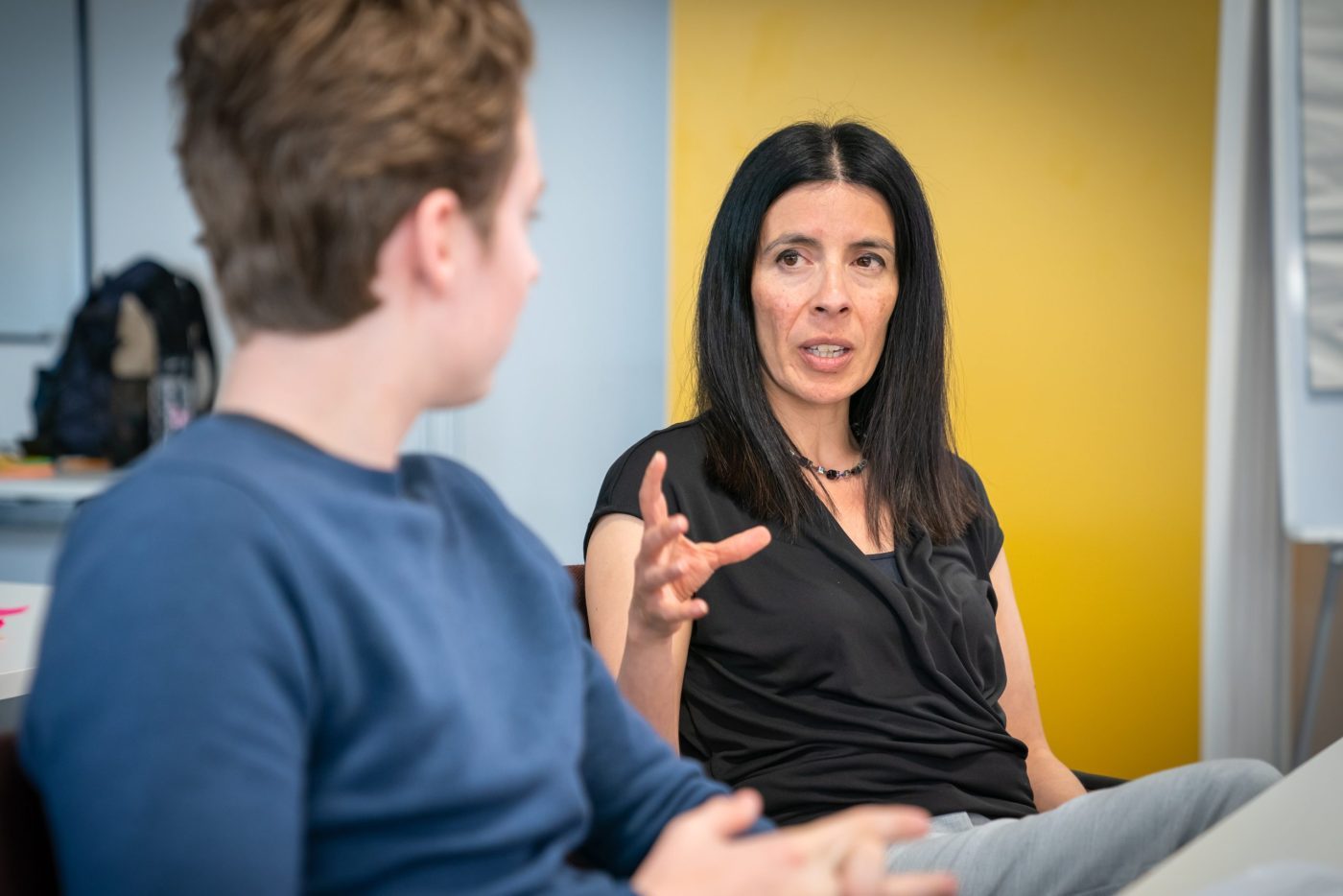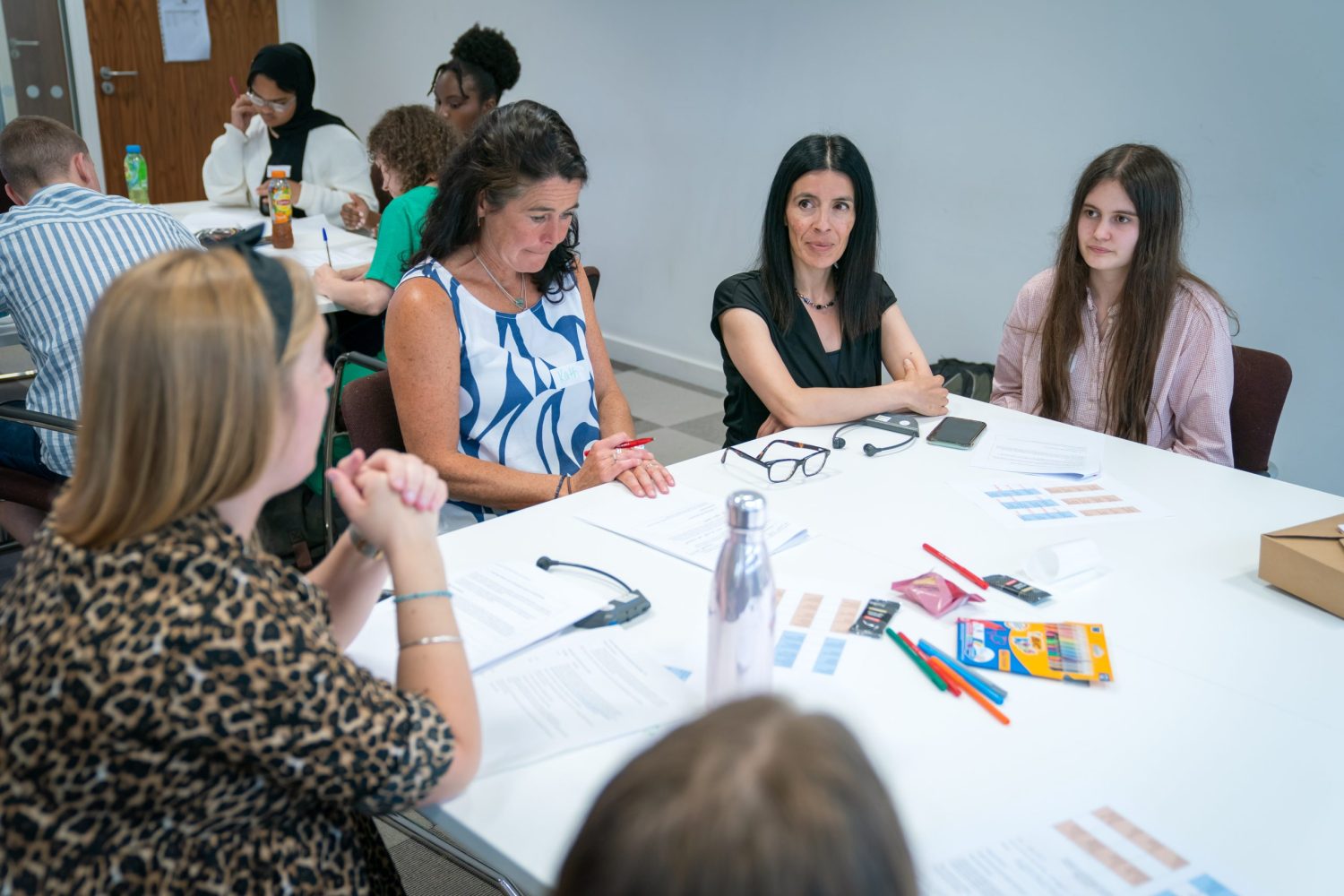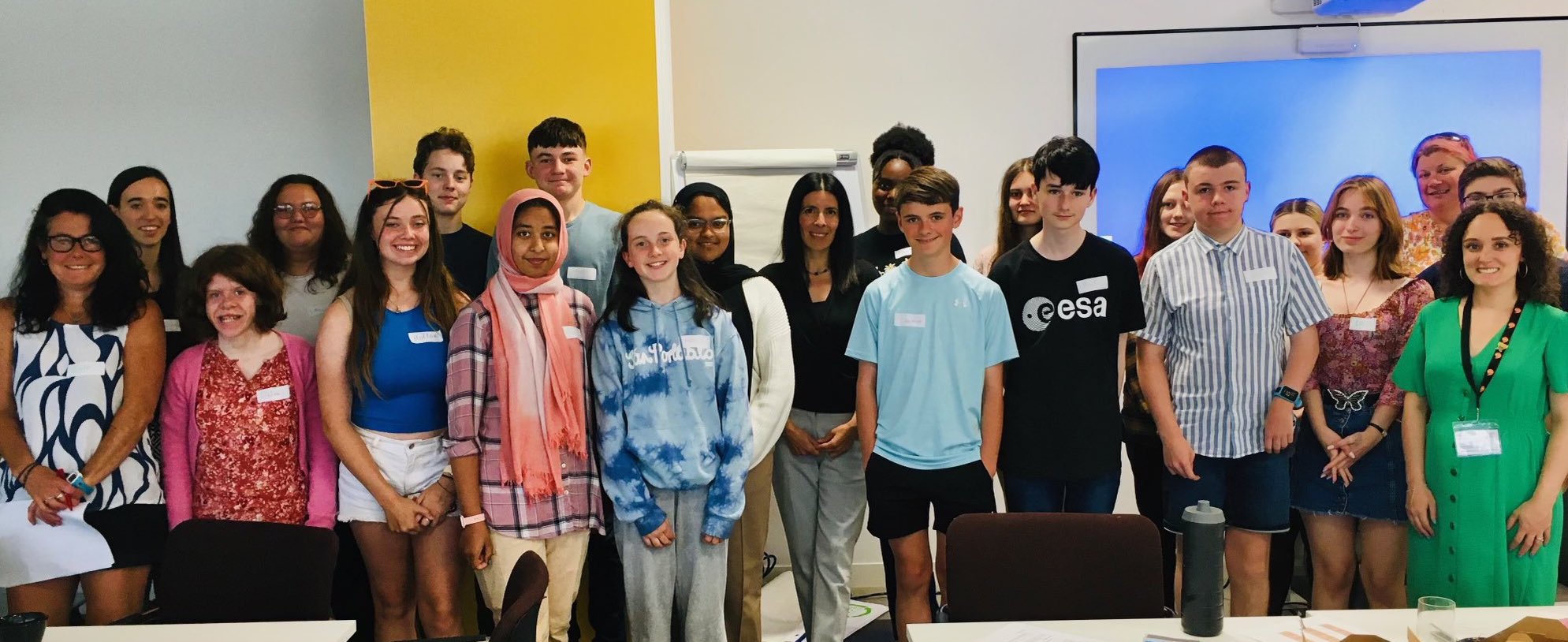It’s been three months since I took up the post of Children’s Commissioner for Wales, an important job, standing up for the rights of the 630,000 children who live in Wales.
One of the most important parts of my role is listening to what children and young people tell me matters to them, and I’ve been able to get out and about across Wales to meet and listen to a wide variety of children.
Over the last three months, with the help of my team, we’ve engaged with over 11,000 children and young people. Despite their many differences, what has been striking is just how much commonality there is in their experiences and what they are worried about.
‘Child poverty has played a huge part in conversations’
Child poverty, particularly against the backdrop of rising bills, has played a huge part in the conversations I’ve had with young people and professionals since taking up my job. I’ve also heard about young people’s experiences of racism in their schools and communities, and their worries about rising mental health levels and lack of mental health provision.
As well as hearing about concerns, I’ve also had some fabulous and fun-filled meetings and events, got to know my fantastic new team, met my brilliant advisory panels, and sat (and hopefully passed!) my first Welsh exam. I’ve experienced and greatly enjoyed my first Eisteddfod, and had the opportunity to see first-hand the superb work the Urdd are doing in supporting Ukrainian refugee children and their families.

Child Poverty/Cost of Living
In my first few days as Commissioner, I met a girl who was visibly worried about how her family would cope in September when her younger brother joins her in secondary school. At the moment, the cost of travelling on the bus to receive her right to education is just about manageable for them, but she worries that with two young people to pay for in the new term, they won’t be able to cope. These fears, which should not be on the minds of our young people, are concerning a huge number of those that I’m meeting.
As recent reports have confirmed, very sadly, almost 190,000 children live in poverty in Wales – To put that into context, a school accommodating all of those children would need over 6,000 classrooms, and its corridor would be 20 miles long. That’s like walking from Cardiff to Bridgend, Aberystwyth to Machynlleth, or Bangor to Colwyn Bay.
Are these children enjoying their human rights, their right to health, to education, and their right to reach their full potential?
It’s a deeply sobering thought and a reminder of the immense challenge facing our country, even before the cost of living crisis takes a turn for the worse in the months ahead.I have no doubt that many of you reading this – professionals working with young people, parents – will have similar fears.
Last week I repeated my calls to the Government for a comprehensive and clear child poverty action plan. This needs to show the specific support they will give the huge numbers of families struggling with spiralling costs, and how they’ll measure the impact of their actions.
I want to focus on what they can do; not on what they can’t do.
For instance, free transport to under 18s is within their gift, and something that would be widely celebrated by the young people I’ve met over the last few months.
It would help them get to school, visit their friends, access health and leisure facilities. It would reduce our reliance on cars, and therefore also help protect the environment – what’s not to like?
But whatever happens next, there needs to be a clear plan. Not only so that we (professionals) can see how they are going to help tackle this crisis, but so that we can work together with children and families to hold them to account on the quality of their response.
Racism, and Mental Health
In my short time as Commissioner I’ve already heard a 12-year-old boy from Wales describing being told to ‘go back to your own country’ by a fellow pupil, and other young people sharing their own experiences of racist incidents, both in school and their communities.
The truth is, you don’t have to look far for these stories. When you listen to young people from ethnic minorities, it’s highly likely they’ll have similar experiences.
I’m determined as Children’s Commissioner to make a positive impact in this area. I want to keep listening – both to young people, and to professionals who work with them, to understand how we can make their experiences better – and to present solutions and recommend actions to create this change.
Likewise, I’m certain that children’s mental health will be high on my agenda throughout my 7-year-term. I’m already hearing stories of exceptionally long waiting times, and being passed between services for help.
Against a backdrop of two years of a global crisis hurtling into another international and national crisis, it’s a frightening time for all us, let alone experiencing this as a child.
That’s why I’m convinced that it’s never been more important for the Children’s Commissioner for Wales to keep holding the Government to account on children’s mental health provision: they’ve promised big things, now I want to see it being delivered.
But we also need to understand the importance of the resilience factors crucial to protecting children’s mental health – play areas, sports facilities, libraries, youth and community centres.

The future
I have my own passions, and my own life experiences. A desire for equality and social justice is what drives me, and I want Wales to be a significantly more equal place for children by the time I finish as Children’s Commissioner.
My immediate next steps are about listening. Through our Ambitions for Wales project, my team and I will continue to listen to thousands of children, young people, parents, and professionals in every corner of Wales over the coming months.
I want to hear more about what matters to them, what drives them, and what their ambitions are for the country we call home.
Their answers will form the foundation of my team’s work for the coming years, and our blueprint for how we’ll make Wales a better place for children – all 630,000 of them.
Don’t forget, if need advice or support with issues affecting children and young people in Wales, we run an independent and free advice and support service for children, their families and professionals.

